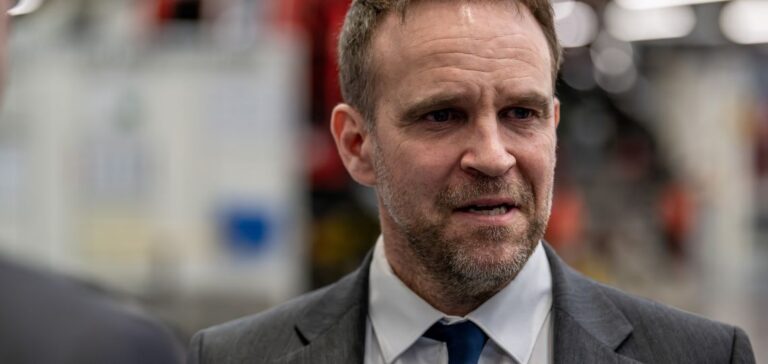Industry Minister Marc Ferracci stated that the Rassemblement National (RN) is seeking to keep France dependent on fossil fuels and, by extension, on foreign powers such as Russia. His statement comes as the government prepares the new Multiannual Energy Programme (Programmation pluriannuelle de l’énergie, PPE), which will define the country’s energy strategy for the coming decade.
A political standoff over the PPE
RN leader Marine Le Pen has threatened a motion of no confidence if the government adopts the PPE by decree. The plan includes a gradual reduction in the share of fossil fuels in final energy consumption, from 60% in 2023 to 42% in 2030, and then to 30% by 2035. These targets are based on the expansion of nuclear and wind energy capacity.
According to Marc Ferracci, this opposition reflects a refusal to initiate the short-term energy transition required. He noted that the new nuclear reactors currently under development will not be operational until 2038, making immediate support for so-called intermittent renewable sources essential, in his view.
Rising imports and strategic dependence
In 2024, France imported €64bn worth of oil and gas, according to data published by the electricity transmission system operator Réseau de transport d’électricité (RTE). The minister emphasised that this level of imports exposes the country to increased geopolitical risks, particularly regarding Russia and the United States, the latter described as a “less reliable” ally than in previous years.
Ferracci insisted that refusing to invest in renewables amounts to accepting continued dependence on imported hydrocarbons. He stated that those who dismiss renewables from the national energy strategy are “choosing fossil fuels for the years ahead.”






















